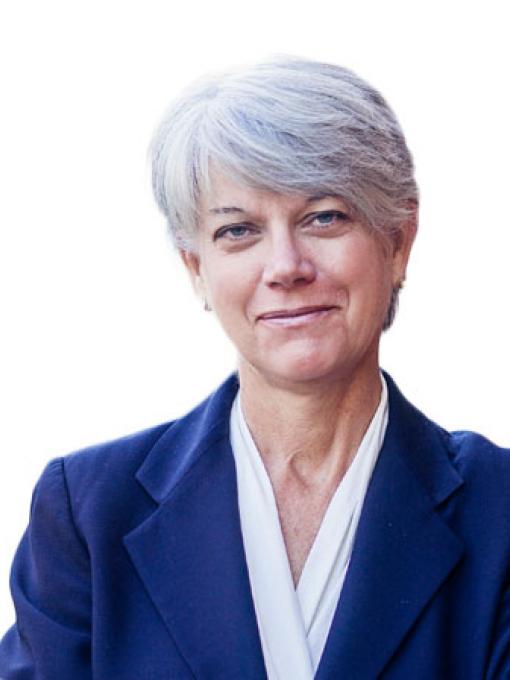On May 15, the Supreme Court heard arguments on two cases involving “faithless electors” to the Electoral College. One case is from Washington State (Chiafalo v. Washington) and the other Colorado (Colorado Department of State v. Baca).
I was impressed to see that one of FCNL’s General Committee members, Esther “little Dove” John, was a plaintiff in the case from Washington State to challenge the viability of the Electoral College as a means to electing the president.
At issue in these cases is whether a state’s electors are bound to cast their vote for the winner of their state’s presidential election or whether that elector is free to vote for whomever they choose. If they choose the latter, they are called faithless electors.
The state of Washington fines faithless electors, while Colorado removes and replaces faithless electors before they can cast a ballot. Esther “Little Dove” John is “letting her life speak” in this action. Her testimony is consistent with FCNL’s position that the Electoral College has outlived its original purpose and has come to distort democratic expression.
The Electoral College subverts the popular will of the people and, at its very roots, promotes inequality.
Compelling arguments were made by both sides. But based on the justices’ questions and the lawyer’s answers, Supreme Court watchers anticipate the verdict will bind all presidential electors to vote for their state’s winner. Whatever the Supreme Court decides, it will impact this year’s presidential elections.
Our democracy is premised on the fact that each vote counts. People vote for their preferred candidate, not the 538 members of the Electoral College. Yet this is what our Founding Fathers wrote in the Constitution. However, recent history has shown the Electoral College is no longer relevant and democratically moot. It has proven itself undemocratic, permitting the election of candidates who do not win the most votes. It subverts the popular will of the people and, at its very roots, promotes inequality.
There have been five presidential elections since 2000. Twice, the candidate who got less votes became president - George W. Bush in 2000 and Donald Trump in 2016. In 2016, Hillary Clinton won the popular vote by 2.86 million. Yet Donald Trump became president by virtue of the 304 electoral votes he accumulated.
Among the foundations of our democracy is active participation by people in the political and electoral processes. The Electoral College makes a mockery of that. It should be abolished and replaced by a popular vote.
